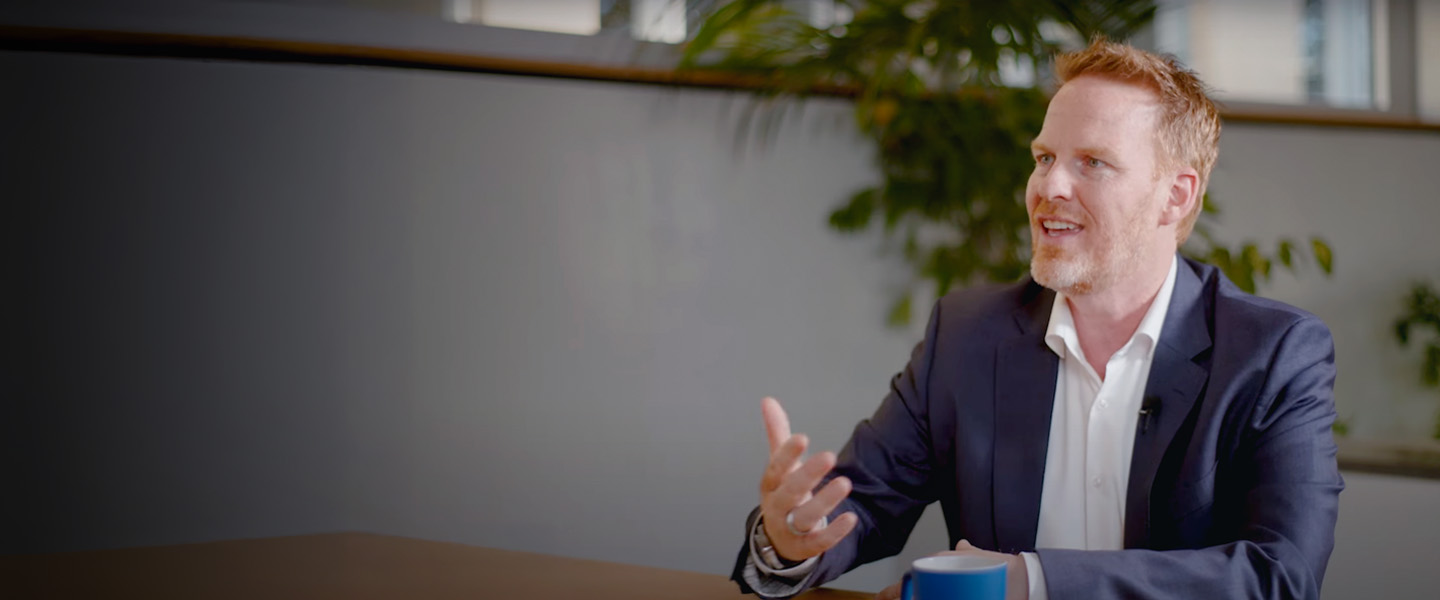
The impact of coaching in executive education
As a coach and facilitator working with some premier European business schools at the beginning of this millennium, it was always pleasantly surprising to meet other coaches pioneering their ‘value-added’ services within executive education. At that time business schools were clearly the domain of professors and researchers. As coaches we were brought in by enlightened clients or forward thinking leadership faculty. We mostly helped executives interpret their 360° feedback or facilitated small groups in simulations or other learning experiences as part of a leadership program and then helped these individuals make sense of their learnings.
As we fast-forward 16 years, it is now unusual not to find coaches involved in many different ways in most leadership and other executive education programs too. Indeed, many business schools have already grown their own stable of external coaches to work with their executive clients and recently I was even asked to help a US school with the challenges of building up their own coaching pool. Coaching demand has increased to the point that in some schools there is even a role for coach management. This increase in coaching in executive education programs follows a growing acceptance of coaches working closely and successfully with executives in many industries, where you will hear senior people proudly referring to ‘my coach’. This appetite for personal coaching has also matched a trend towards less traditional management hierarchies, leaner organizations and higher expectations that has re-enforced the need for better and different people leadership. This has also led to an increasing demand for faculty specializing in leadership and a corresponding need for coaches to work within their programs. It’s kind of a triple-win for clients, for faculty and for coaches.
The demand for coaches is still often client driven and from leadership faculty, but coaching has also been gaining popularity among non-leadership faculty who are beginning to appreciate the value coaches can add to the impact of their sessions as well as to participant engagement.
The data collected at IMD business school clearly shows the positive impact of coaches and coaching on participants whenever they are used in a program. Beyond the generally high ratings given by participants at the end of their program for ‘coaching’, we also see an impressive reaction to programs involving coaching by participants completing feedback six months later, in both scores and comments. Specifically, after six months, participants who experienced coaching give higher scores than programs with no coaching. Without prompting they write about their experiences and insights more openly and in more personal ways, often referring to their coach and coaching experience. The data also demonstrates that participants who had coaching are actually more likely to give feedback about the programs they participated in. These results consistently show that coaching on programs adds impact and helps a participant to personalize, own and use their learning from their program experience.
What is it that coaches are doing before, during and after a custom or open program that is so appreciated by participants? I see five key areas of impact:
The five key areas of impact of coaching in executive education
1- Personalizing the learning
Whether in small groups or individually, coaches are able to help participants personalize and apply their learning to their chosen context through open discussion, or sharing personal business cases.
2- Increasing awareness
Coaching can significantly increase many aspects of self-awareness for participants as leaders and as team members; executives can focus in on their styles of leadership as well as team roles and contributions. They can better appreciate their personality, motivations and fears as well as how they impact others. This is important and powerful learning for many executives who often underestimate their impact as leaders and colleagues and rarely get feedback they can really trust or take time to reflect on these aspects. This awareness can be raised through various evaluative tools as well as through experiential learning techniques and peer feedback.
3- Depth
Coaches can increase potential for deeper learning by creating the trust necessary to allow greater openness from participants about themselves as well as encouraging more authentic interaction between participants.
4- Supporting sustainable learning and development
Coaches help participants to embrace a culture of life-long learning and are often engaged in personal follow up after a program. With real business projects becoming an established way to apply business school teaching, coaches are also used to help the team and individuals focus on project plans, to review contributions and progress made, their team dynamics and stakeholder alignment.
5- Personal touch
One-on-one time with a coach offers a rare, highly valued opportunity for an executive human being to be heard, understood and challenged by an objective non-judgmental open mind that can often be a life-changing experience.
Being a veteran coach working with participants and clients every day, I experience a demand for learning that is more participative, personally useful and beneficial to the organization – even society. I meet clients who are increasingly more aware of pedagogical choices than before. They talk about ‘impact’ and the need to give their stakeholders positive practical change for their investment. They expect a shift from an executive returning with a shelf-full of files, to the executive returning with a full head of ideas and experiences that can be applied by them within the organization. Most executive education settings have become truly multinational and multicultural as participants work within a global context every day and this creates a need for ever more tailored solutions.
Traditional academic thought leadership in an ever-changing and increasingly complex world needs somehow to be translated by individual executives into learning that can be applied to the uniqueness of their own situation. Coaches can help individuals select and apply ideas from their learning alongside the breadth and depth of their experience to move towards a sustainable impact. In the end it is only learnings and ideas into action that will make a positive difference for all of us.
Mark Skinner is Senior Executive Coach at IMD.
Research Information & Knowledge Hub for additional information on IMD publications

Business schools must champion values-led leadership as companies retreat from DEI. Now’s the time to stand firm and lead by example, says David Bach.

Understanding the 4 types of responsible leader helps you blend styles, avoid pitfalls, and meet challenges while managing stakeholder expectations effectively.

Geopolitical turmoil and its workforce impact demand a systems thinking approach from CHROs, argue IMD’s Katharina Lange and Simon Evenett.

This episode takes you behind the scenes of a recent gathering led by the World Business Council for Sustainable Development together with IMD, where David Bach sat down with two sustainability leaders.

All organizations should have a plan to secure trust during, after (and even before) a crisis hits. Here are a host of examples, good and bad, to learn from.

Tired teams, wasted weekends, and unread reports—here are 7 ways to restore morale and reignite performance. Avoid unnecessary reporting and non-essential tasks.
The Handtmann case examines the co-CEO leadership model in the context of family business. Based on interviews with three key executives – the co-CEOs and the President of the Advisory Board – the case focuses on how Handtmann handled the leadersh...

The 7 shifts you need to make to lead in a turbulent world for acuity and inner rootedness. Grounded Edge Leadership.

Anxiety can sharpen focus, but if it impacts your well-being or leadership, it’s worth a check-in. These helpful questions may help you reflect.

As corporate America adjusts to a shifting political environment under President Donald Trump, companies must rethink their approach to DEI.
Research Information & Knowledge Hub for additional information on IMD publications
in I by IMD
Research Information & Knowledge Hub for additional information on IMD publications
Research Information & Knowledge Hub for additional information on IMD publications
Research Information & Knowledge Hub for additional information on IMD publications
in I by IMD
Research Information & Knowledge Hub for additional information on IMD publications
in I by IMD
Research Information & Knowledge Hub for additional information on IMD publications
Research Information & Knowledge Hub for additional information on IMD publications
The Handtmann case examines the co-CEO leadership model in the context of family business. Based on interviews with three key executives – the co-CEOs and the president of the advisory board – the case focuses on how Handtmann handled the leadersh...
Research Information & Knowledge Hub for additional information on IMD publications
Research Information & Knowledge Hub for additional information on IMD publications
in I by IMD
Research Information & Knowledge Hub for additional information on IMD publications

